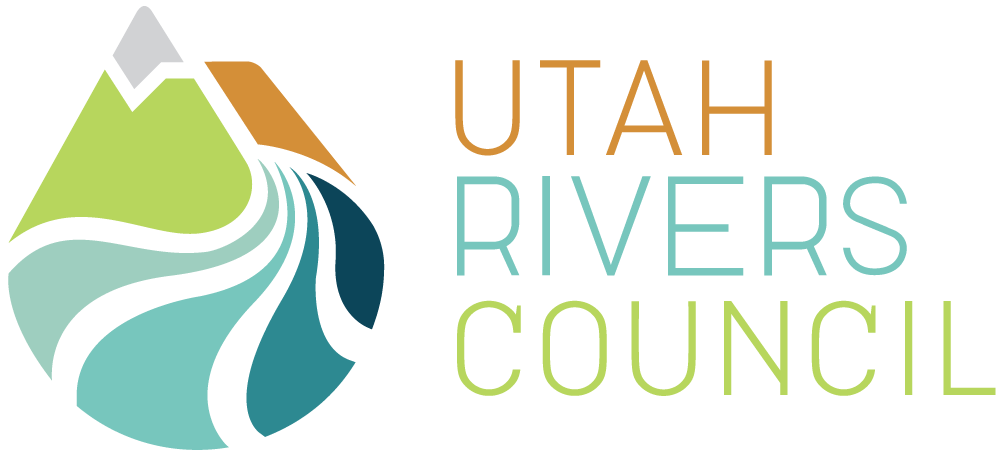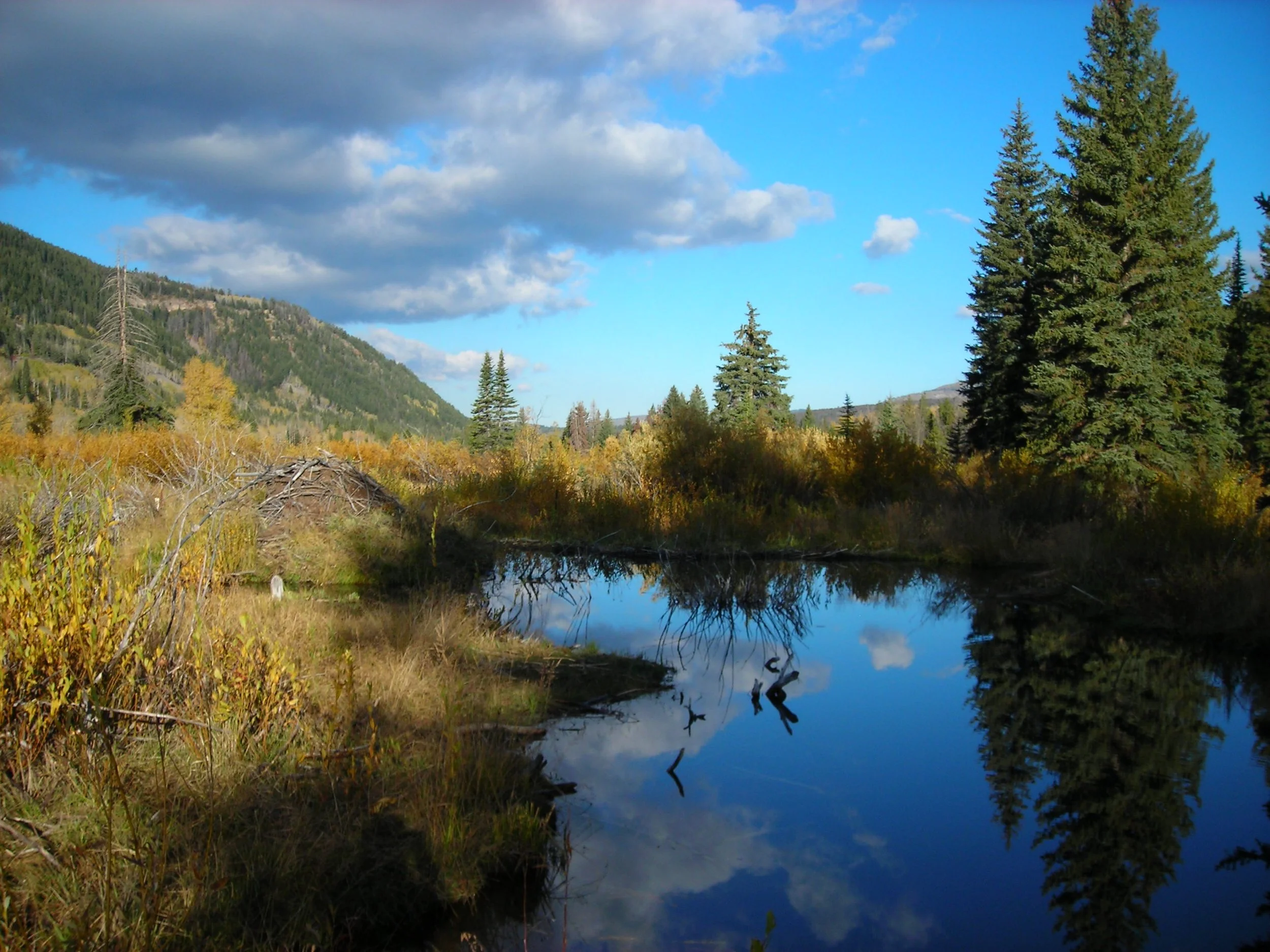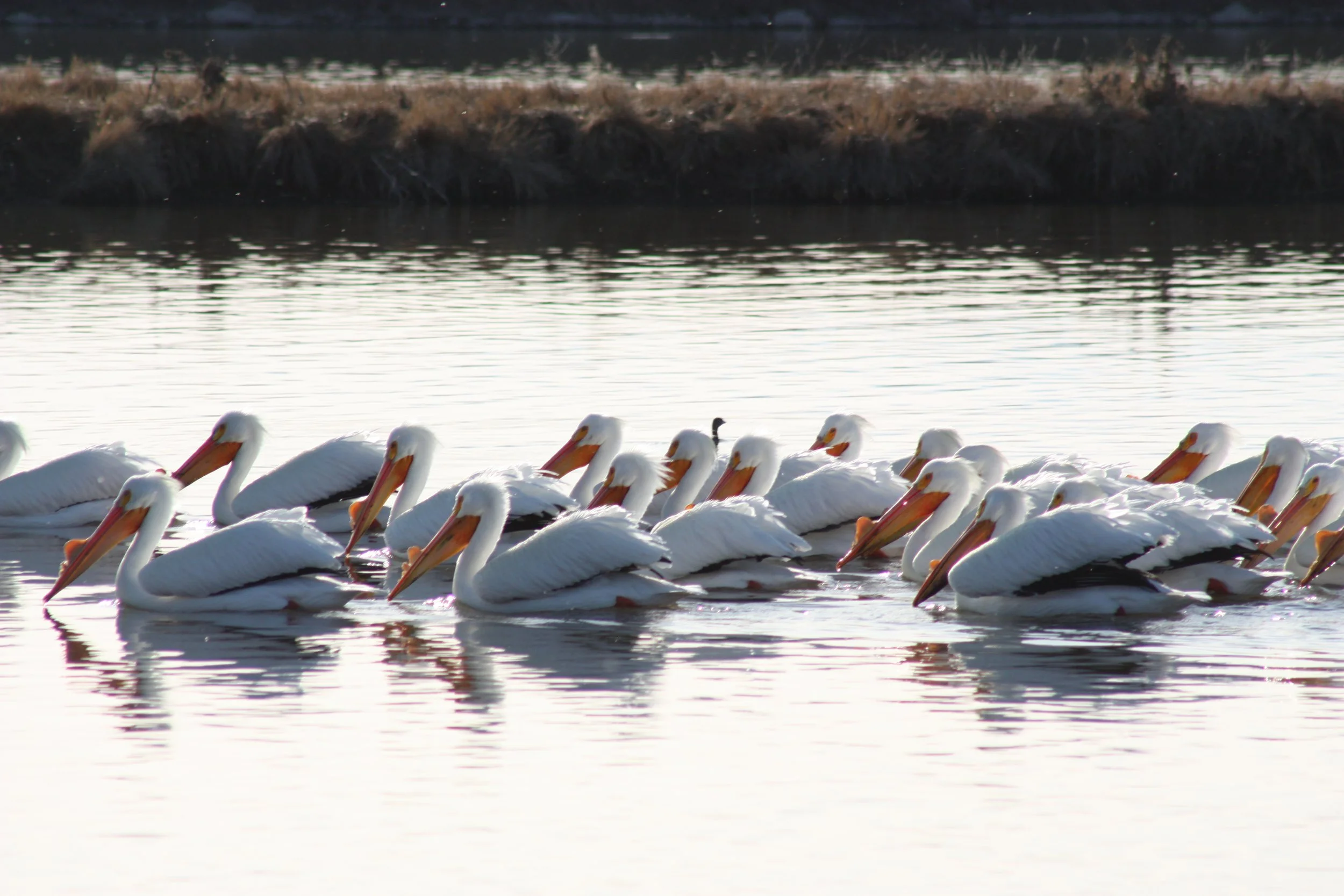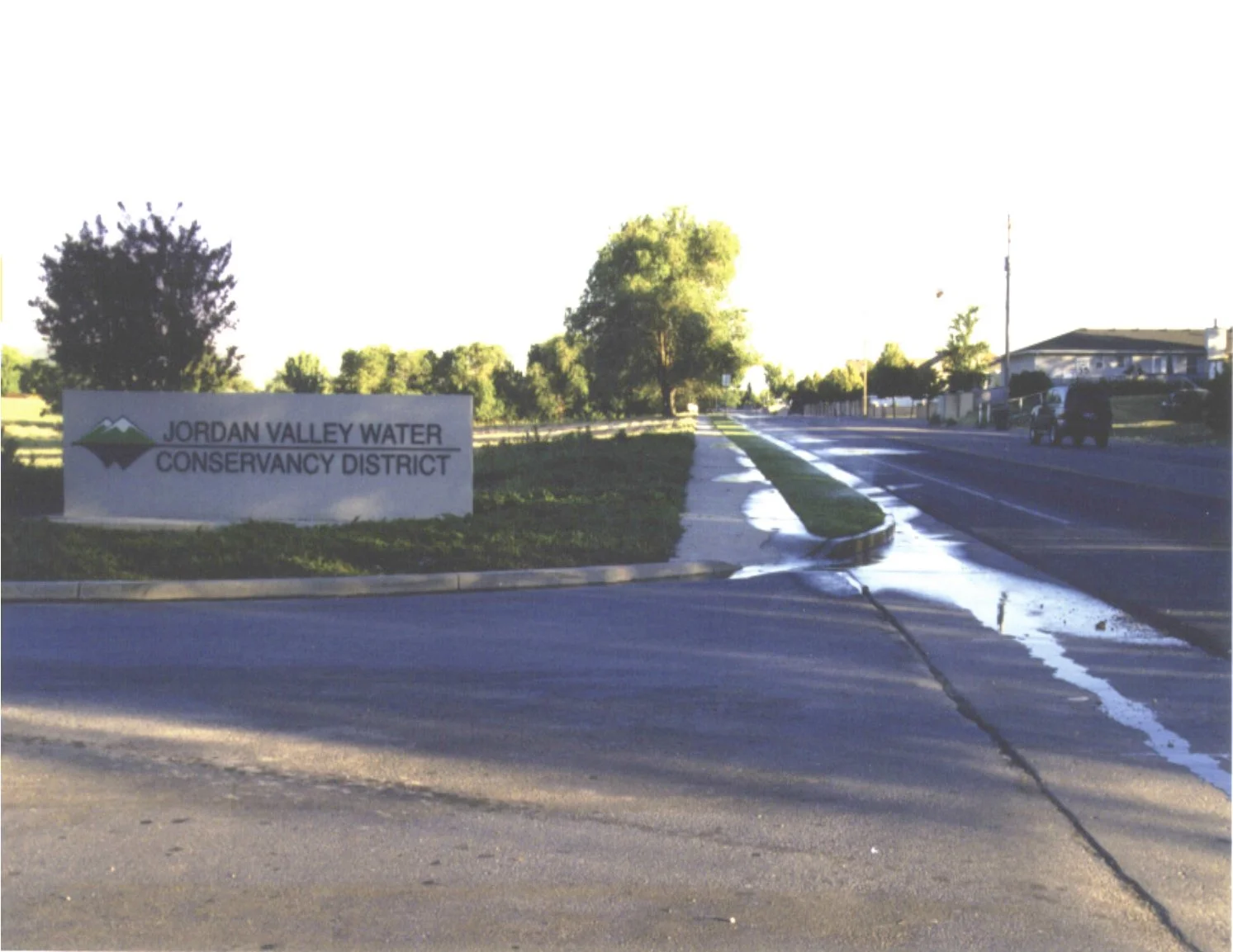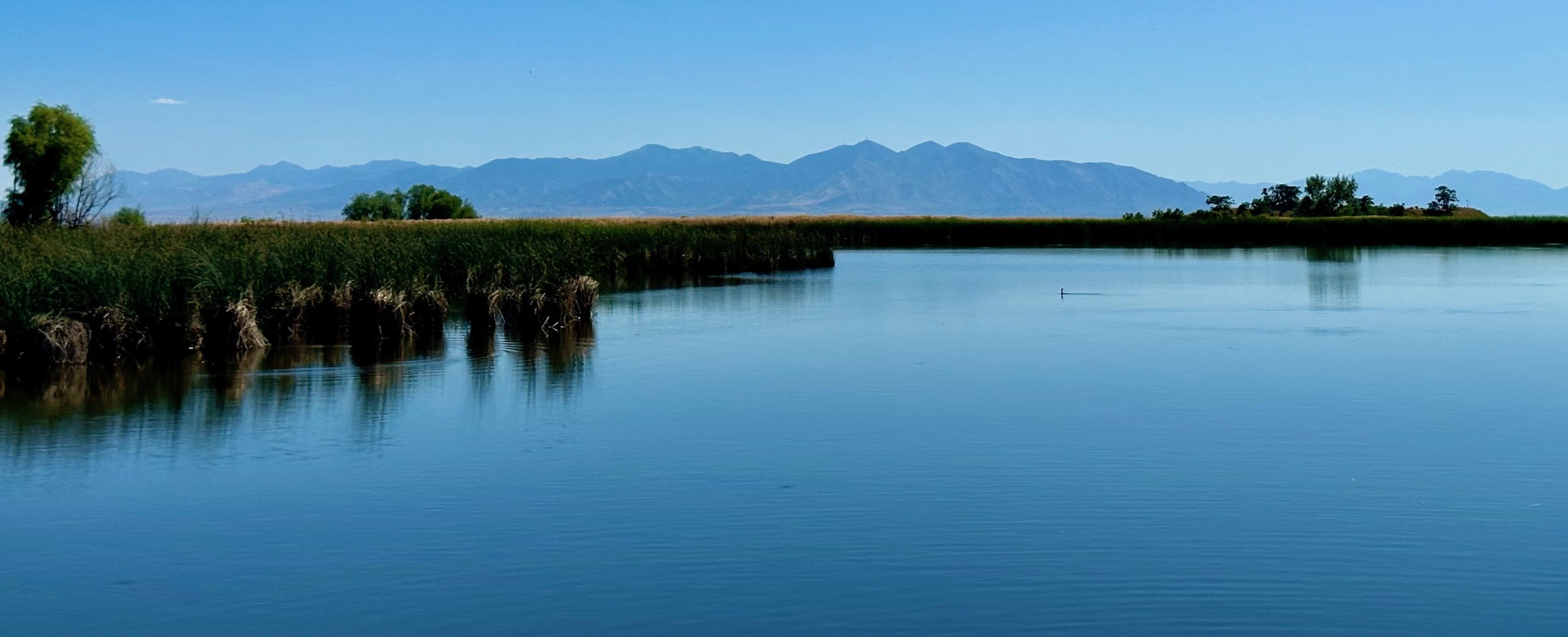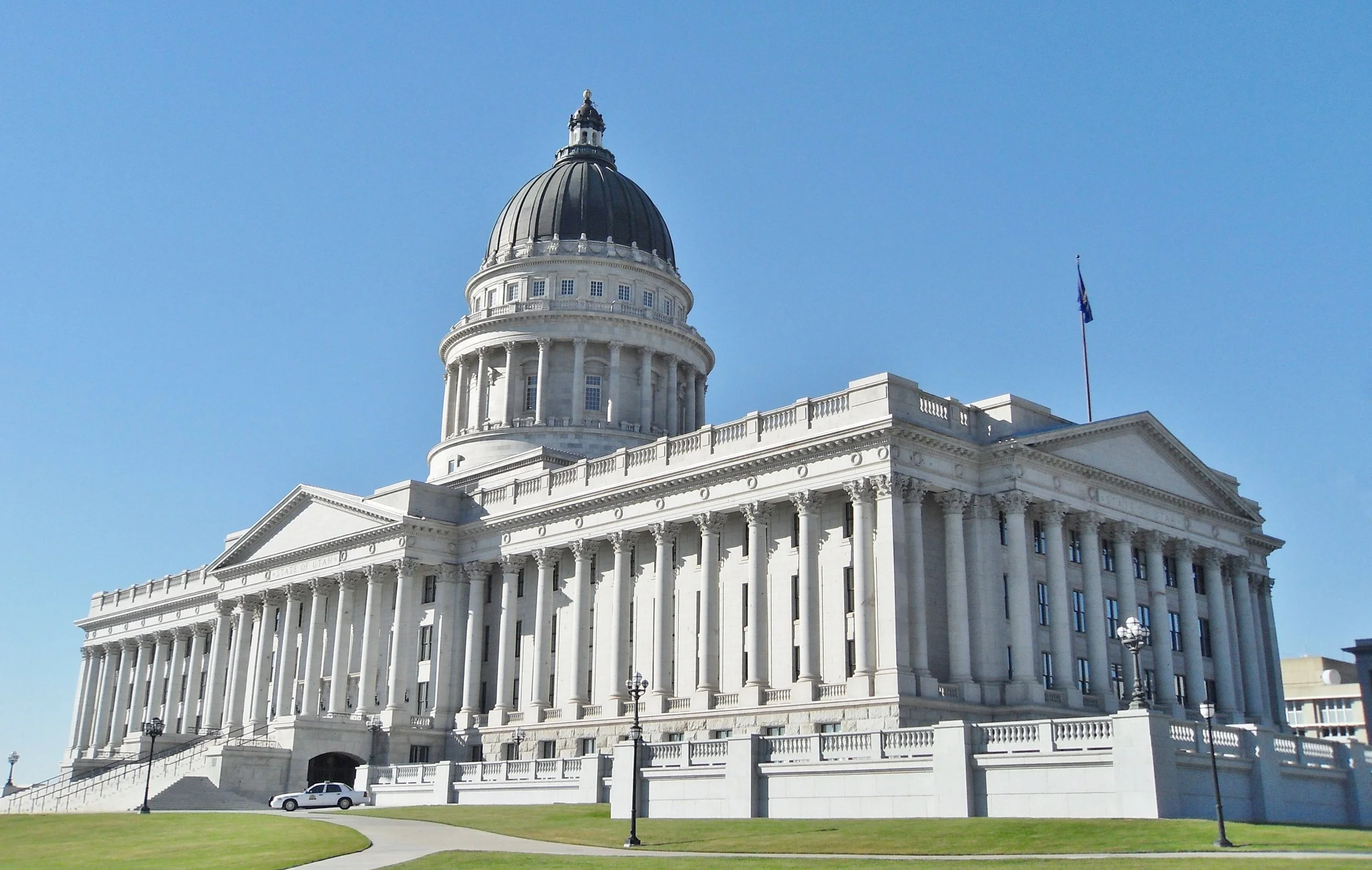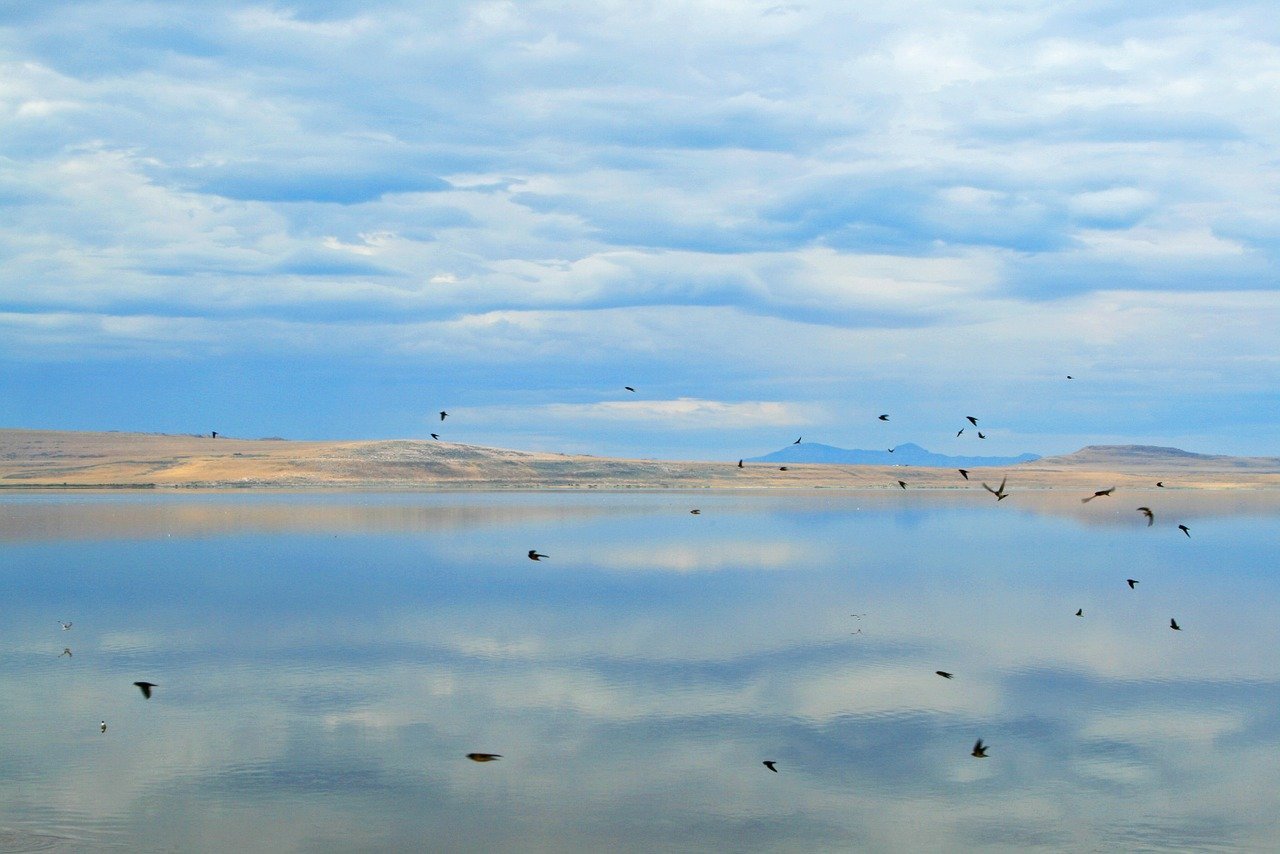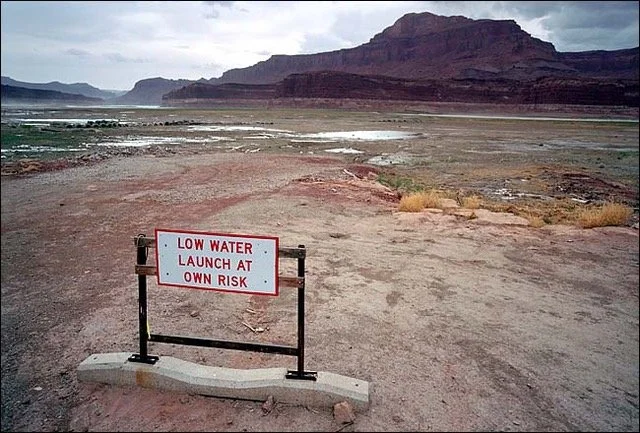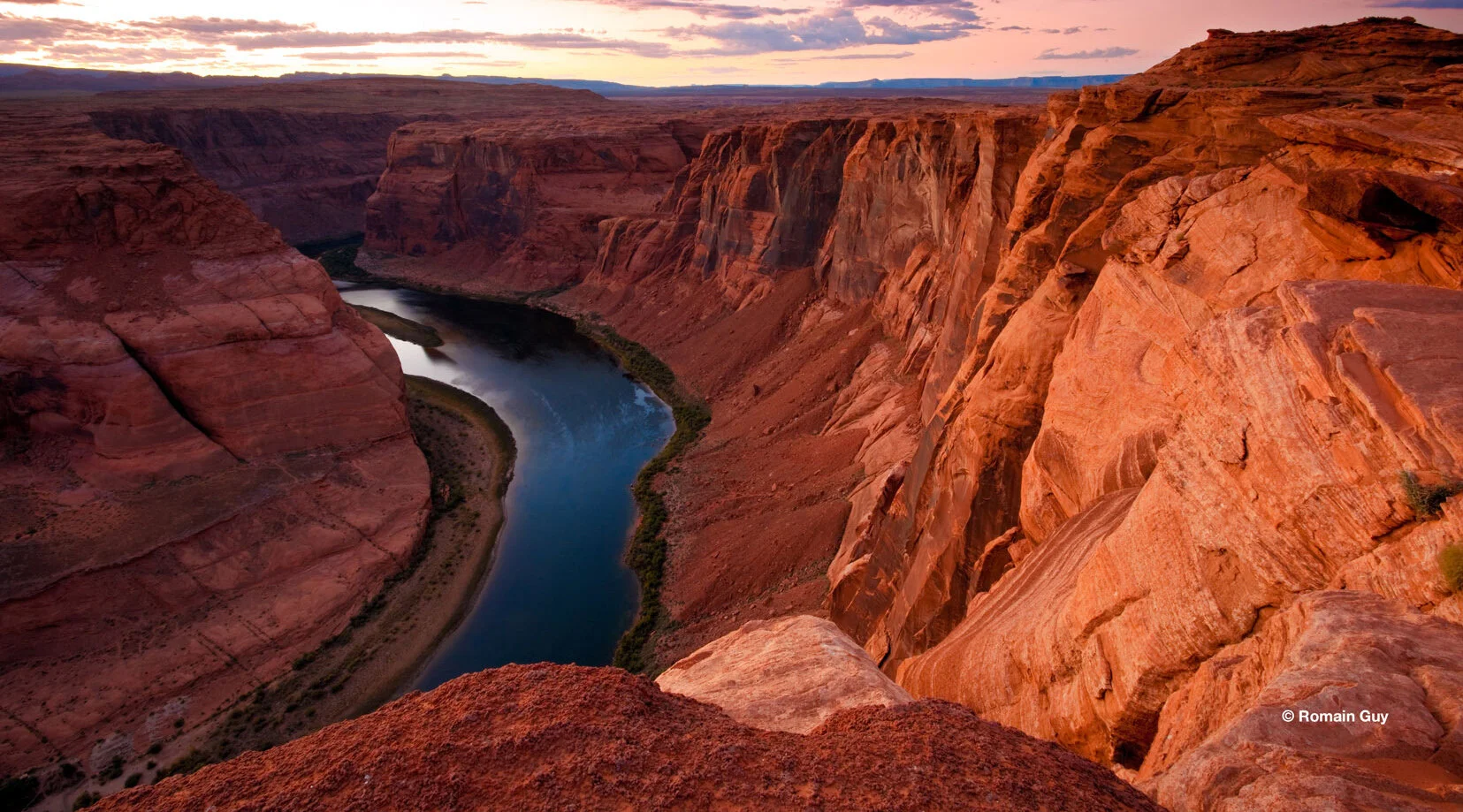In partnership with the Great Basin Water Network, the Glen Canyon Institute, and several other organizations, Utah Rivers Council unveiled a new report on the imminent Colorado River crisis.
The Secretary of Agriculture just rescinded the Roadless Rule, a move that could undermine water quality for thousands of miles of streams across the American West.
Over staunch objections from the community, the Jordan Valley Water District Board of Trustees raised its property tax collections on cars, housing, and businesses by 11% this month to keep its water rates low.
The Great Salt Lake’s South Arm dropped to 4,192 feet above sea level, triggering toothless conservation measures which are too little and far too late for this struggling ecosystem. The lake is now on track to hit a new historic low in 2026, jeopardizing the 12 million migratory birds it harbors annually, the $1.3 million lake-supported economy, and the health of all Wasatch Front residents. This is a disaster we could have avoided had state leaders not squandered the precious time they had to raise water levels.
The Jordan Valley Water District is proposing to raise the property tax it charges on Utah’s homes, vehicles, and businesses. By collecting property taxes, Utah’s water districts are able to make our municipal water prices the cheapest in the country. And because our water is so cheap, Utahns waste it at higher per person rates than municipal residents of any other state. There just isn’t a compelling financial reason to save water, so many Utahns don’t even think to do so. This results in overwatered lawns, gutters flowing with sprinkler water, and a shrinking Great Salt Lake.
Exploiting the aquifer under the Great Salt Lake to mitigate lakebed dust will prove disastrous for the lake, Utah’s water future, and every Utah taxpayer.
All of Utah is already experiencing moderate to severe drought conditions, even as peak summer temperatures still lie ahead of us. In response, Governor Cox has once again called on Utahns to pray for rain. The Governor seems to have forgotten what he does for a living.
Instead of solving its water problems through commonsense water conservation and pricing measures, the Iron County Water District is eyeing a neighboring aquifer in Beaver County’s Pine Valley. The Iron County Water District’s plan is to build an expensive, $260 million pipeline to loot water from Pine Valley and deliver it to Iron County, enabling the region’s continued water waste.
Last week, Senator Mike Lee released a cynical and calamitous amendment to the Budget Bill which will fund the federal government for the next fiscal year. This proposal puts hundreds of millions of acres of Bureau of Land Management and Forest Service lands across 11 western states up for sale to private owners.
This issue has been widely reported about for the past week, but few are discussing a significant disaster this sell-off would precipitate: the mass water pollution of watersheds throughout the American West. This problem would stem from the privatization of the protected headwaters of our watersheds as they’re surrendered to rampant industrial and commercial development.
Although Representative Celeste Maloy’s original public lands sell-off amendment was struck from the federal budget bill before it passed the House in May, Senator Mike Lee has signaled that he hopes to add the amendment back into the bill while it’s in the Senate. By selling these lands, Lee would effectively pave the way for the Lake Powell Pipeline, so his efforts are a serious threat to water conservation efforts and water users throughout the Colorado River Basin.
The Lake Powell Pipeline has stalled because of its unpopularity inside and outside of Utah for a litany of concerns. This massive proposed diversion of the Colorado River is completely unnecessary for Utah’s future and its approval would result in less water downstream in the Colorado River Basin and force water cuts inside Utah to existing water users. This public land sell-off opens the door to the project’s revival, endangering water supplies for tens of millions of Americans.
On December 18, the Utah Rivers Council submitted a coalition letter to the U.S Department of Interior asking that the Bureau of Reclamation eject the proposed Lake Powell Pipeline from its current permitting.
The Utah Rivers Council also launched a Change.org petition to ask Americans to join our coalition across the Colorado River Basin in calling upon the Bureau of Reclamation to eject the Lake Powell Pipeline from environmental permitting. The Provo Office of the Bureau initiated permitting in 2020, and the federal government needs to stop this folly once and for all. The multi-billion-dollar Lake Powell Pipeline is the largest new proposed water diversion in the Colorado River Basin and will impact millions of people across the region including inside of Utah.
Please join the Utah Rivers Council in calling for a sustainable and healthy Colorado River by signing our Change.org petition and sharing the link with your family, friends and community.
The Utah Rivers Council has joined with Utah Physicians for a Healthy Environment, American Bird Conservancy, Center for Biological Diversity, and the Sierra Club to hold the state of Utah accountable for its maintain the basic health of the Great Salt Lake. Our coalition is represented by the excellent attorneys from Earthjustice.
Recognizing that Utah is going backwards in doing what is necessary to raise the Great Salt Lake, the Utah Rivers Council and partners are eager to use the judicial system to move forward in protecting the Lake for millions of Utahns and 10 million migratory birds. Some may be surprised to hear criticism of Utah since Lake levels have risen after spring runoff, but no substantive efforts have been taken to address the Lake crisis by the State of Utah.
A new bill was unveiled Wednesday that could help fund restoration of the Great Salt Lake by providing a funding source from existing tax collections over the next five years. Rep. Joel Briscoe (D, Salt Lake) is sponsoring the Great Salt Lake Funding Modifications Bill, HB 286, which would redirect some $60 million in existing annual sales tax collections in Utah to a fund to restore the Great Salt Lake. With Great Salt Lake water levels dropping to alarming levels, lawmakers from both sides of the aisle and millions of Utahns agree it is important now more than ever to protect the Lake.
The sales tax money being proposed for redirection to restore the Great Salt Lake are currently going to a construction fund which was started by the Utah Legislature in 2015. This fund, known as WIRA, or Water Infrastructure Restricted Account, has amassed a whopping $179 million dollars that haven’t been touched since the creation of the account. The purpose of the fund is to pay for the construction of the Lake Powell Pipeline and Bear River Development.
The Utah Rivers Council and its non-profit partners released a new report on how archaic engineering inside Glen Canyon Dam is creating a serious water supply crisis for the entire Colorado River Basin.
The “Year of Water” was a carefully choreographed charade to fool the public into believing the Utah Legislature is doing everything they can to conserve water, so they can charge forward with proposed Bear River Development and the Lake Powell Pipeline, claiming they have done everything else they could first.
Speaker Wilson unveiled HB 410 to help the Great Salt Lake, but many are disappointed that the measure fails to offer a permanent means of protecting the Lake. HB 410 awards $40 million to one new entity to acquire temporary water rights, protect lands or prepare studies on the Lake. But Utah’s restrictive instream flow laws threaten to impair these efforts before they even get off the ground.
The Utah Rivers Council just announced its Great Salt Lake Drought Contingency proposal, a bill that has received sponsorship from Representative Douglas Sagers (R) from Tooele. Because citizens and elected officials are all interested in saving the American West’s largest lake and namesake of Utah’s capital city, the bill has gotten a lot of attention. To answer some popular questions, we turned to the bill’s original author, Utah Rivers Council Water Policy Associate Lindsey Hutchison.
The Utah Rivers Council has proposed an exciting, new piece of legislation to save the Great Salt Lake. The bill is a drought contingency plan that phases in commonsense, water-saving actions when the Lake shrinks below a healthy elevation. Representative Douglas Sagers has agreed to sponsor the legislation as a priority bill, and we await its announcement in the House.
On January 13, Governor Cox released his Coordinated Action Plan for Water. Branded as a “groundbreaking effort,” the document is meant to show that Utah’s executive office is on the cutting edge of water policy. However, the governor has not announced large new plans, programs, or strategies for addressing water issues in the state. There is nothing substantially new in the Governor’s plan.
In early January, Iron County Water Conservatives, Great Basin Water Network, and Utah Rivers Council filed a complaint with the State Auditor requesting an investigation into Central Iron County Water Conservancy District’s violations of the Utah Open & Public Meetings Act.
A groundbreaking new research report demonstrates that our changing climate has resulted in a 19% decline in Colorado River flows in the last two decades. The report also shows that three of the four Upper Basin states (Utah, Colorado and New Mexico) are overusing their rights to Colorado River water and have not reduced their use in the face of a declining water supply.
Earth Day comes on the heels of Governor Cox’s Executive Order declaring a state of emergency due to extreme drought conditions. Governor Cox recommended some mild water conservation measures which fail to provide the vital leadership Utahns deserve in this climate change mega drought.
HB 297 would create a new water agency to advance climate change denial, Lake Powell Pipeline, and backroom dealmaking. It’s being rushed through both chambers at the Utah Capitol, at the behest of water lobbyists eager to receive billions in tax payer dollars.
A Coalition seeks an investigation into Kane County Water District proposal for $22 million in taxpayer funding and whether it violates federal law. Project purpose was claimed to be agricultural, but money is really for municipal water in suburbs of St. George.
Utah’s largest new water diversion in Colorado River Basin ignites a modern water war, results in veiled threat of litigation by other states. In a stunning letter to the Secretary of Interior, a coalition of state water agencies, large water suppliers, and Governors’ representatives of Nevada, Arizona, California, Colorado, Wyoming and New Mexico are asking that Utah’s controversial Lake Powell Pipeline be placed on hold.
The Division of Water Resources and Washington County Water District are continuing to avoid transparency about the costs of the Lake Powell Pipeline in a recent press release. The Division claims the project costs just $1.4 billion, but provides no evidence to support this claim.
A group of nonprofits and businesses is worried that a state water agency is intentionally withholding cost estimates from Utahns because of public criticism of cutting public services to make way for Pipeline spending.
The Utah Rivers Council submitted a 60 page protest against the water rights application for the proposed Lake Powell Pipeline. Our protest asks the State Engineer to reject the water rights application, focusing specifically on the Pipeline’s substantial threat to public welfare and outlining the scores of climate change studies…
As a glimmer of good news during uncertain times, Utah water cartel members announced that the Kane County Water District is backing out of the proposed $3 billion Lake Powell Pipeline. Yes, you read correctly.
There are dozens of bills on water this legislative session, some good and some bad. The Utah Rivers Council has refocused our efforts on two bills, H.B. 40 sponsored by Representative Melissa Ballard and H.B. 328 proposed by Representative Joel Ferry.
